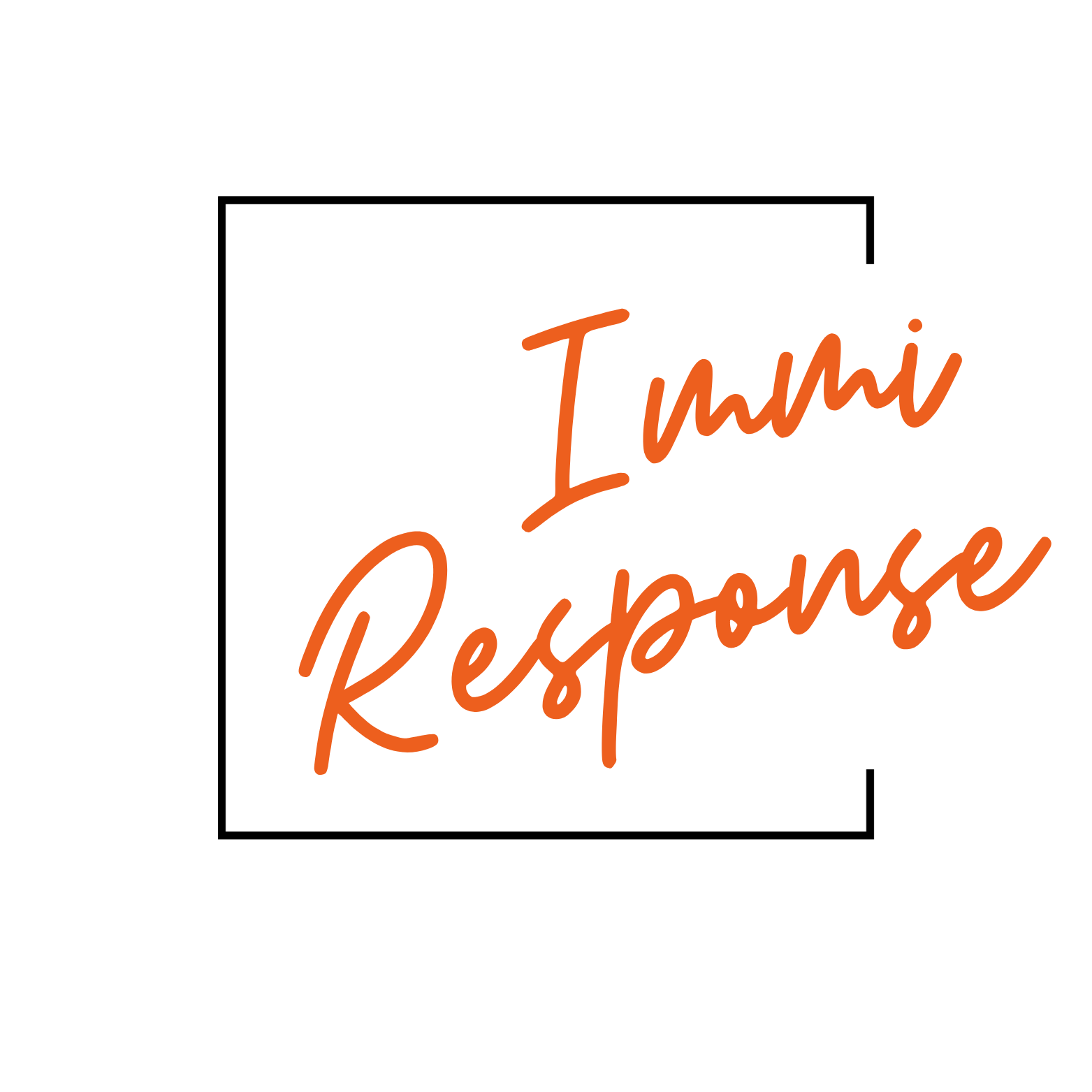The Role of a Psychologist Assessment in Visa Waiver Applications
At Immi Response, we understand that visa waiver applications often involve deeply personal and emotionally charged circumstances. Whether you are applying for a health waiver due to a medical condition or lodging a family violence claim, a comprehensive psychologist assessment can be a critical piece of evidence that supports your case with credibility and compassion.
A well-prepared psychological report doesn’t just describe your mental health — it tells your story, explains your circumstances, and provides an expert lens on how your visa refusal would impact not only you but also Australian citizens or permanent residents who may rely on you.

Why a Psychologist Report Matters
1. Strengthening Health Waiver Applications (Public Interest Criterion 4007)
If your visa application is at risk due to failing to meet Australia’s health requirements, a health waiver may be available in certain circumstances. A psychologist assessment can:
Document the emotional and psychological impacts of separation on your Australian family members.
Demonstrate compelling and compassionate reasons why you should remain in Australia.
Outline the support systems you have here and the consequences of removal on your mental health.
Support the argument that any additional health costs or services are outweighed by the humanitarian grounds of your case.
Example: A parent of an Australian citizen child with strong emotional dependency may provide a psychologist report confirming the negative impact the separation would have on the child’s psychological wellbeing.
2. Supporting Family Violence Claims
Under Australia’s migration law, certain visa applicants who have experienced family violence can still be granted a visa even if the relationship has ended. Family violence can include verbal, emotional, psychological, financial, or physical abuse. A psychologist assessment is often key in:
Providing a clinical evaluation of trauma symptoms consistent with abuse.
Supporting your statutory declaration and other evidence, especially when there are no police or medical records.
Confirming the impact of long-term psychological or emotional abuse where physical violence may not have occurred.
Example: A partner visa applicant who experienced prolonged coercive control and psychological abuse may rely on a psychologist’s report to substantiate their claim when tangible evidence is limited.
What Makes a Good Psychologist Report?
At Immi Response, we work with registered psychologists who are experienced in preparing immigration-related reports that meet the Department of Home Affairs’ expectations. A strong report should:
Be written by a qualified mental health professional registered in Australia.
Include diagnostic observations, relevant tests (if applicable), and reference to DSM-5 or ICD-10 classifications.
Be clear, objective, and well-structured to link mental health findings to the specific waiver grounds.
Detail how the visa refusal would cause harm to the applicant or Australian citizens/permanent residents.
Frequently Asked Questions
In health/character waivers and some partner or family contexts to evidence impact and risk.
Diagnosis (if any), functional impact, treatment plan, and consequences if the visa is refused.
We provide a tailored question list aligned to the visa criteria.
Shared on a need‑to‑know basis with your consent for the visa process.
Yes—trusted, visa‑literate clinicians available.
